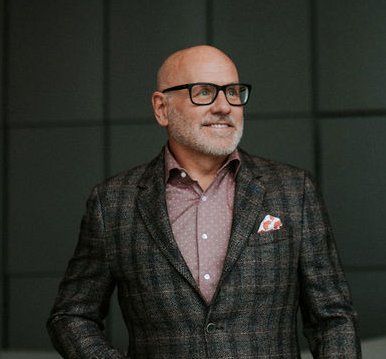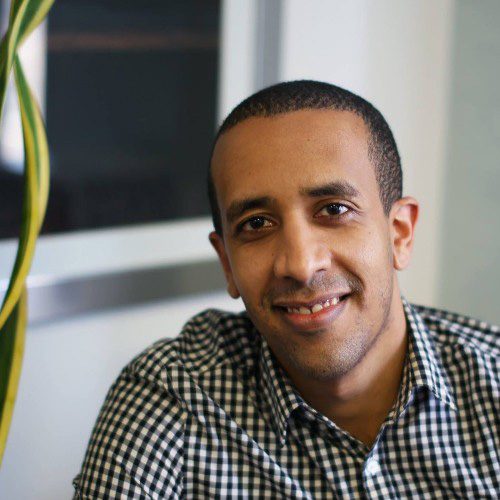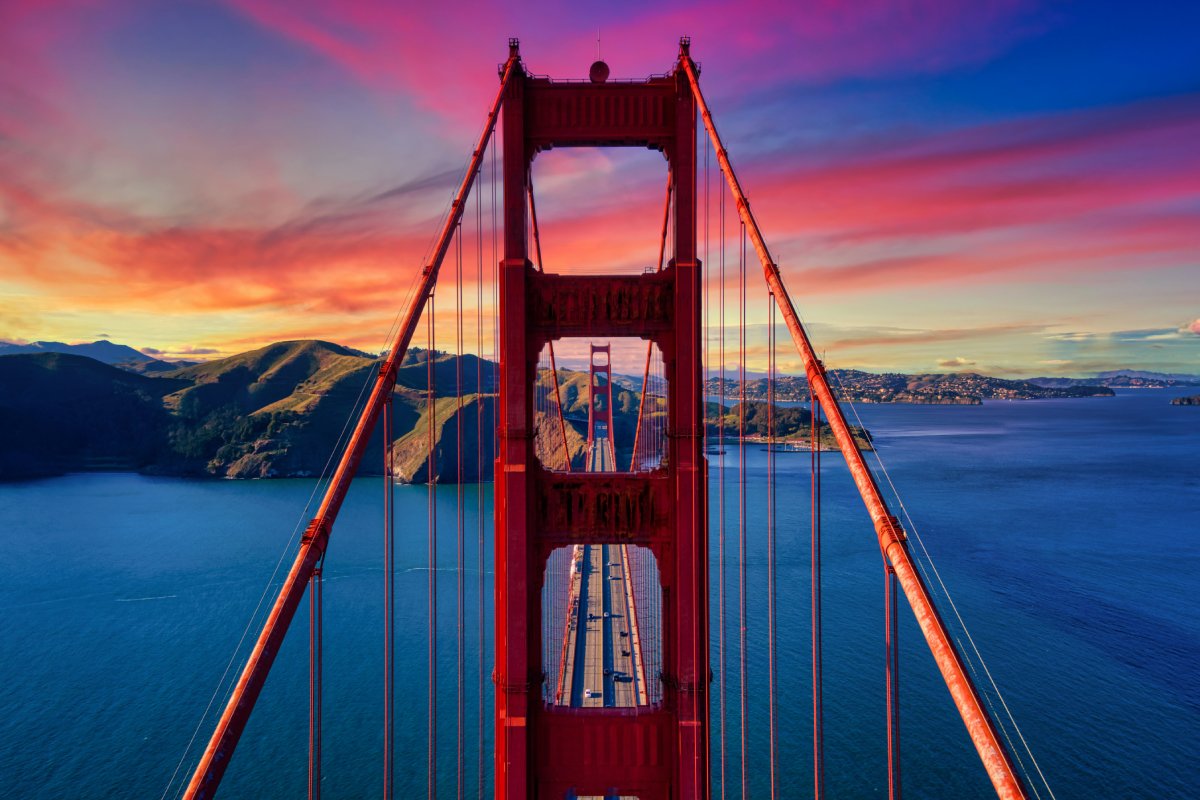Skift Take
San Francisco has been somewhat of a poster child for urban decay. The city's new tourism chief has a lot of work to do to change that image.
San Francisco has a long way to go before tourism, meetings and conferences fully return to the city. Its association with homelessness, public drug abuse and crime has done a lot to drag out its post-pandemic recovery.
Scott Beck, San Francisco Travel’s CEO and president, who took up the role last October, says the city has made progress in dealing with these issues and that he wants to set the record straight.
Beck spoke with Skift about fixing San Francisco’s damaged reputation, what was missing in San Francisco Travel’s recent $6 million marketing campaign, the city’s events calendar, India becoming the next “powerhouse” and more.
The interview has been edited for length and clarity.
Skift: What’s your top strategic priority for marketing San Francisco?
Scott Beck: The first and foremost strategy to over-index right now is rebuilding our reputation [and] position as a destination for the meetings and events industry.
This community needs Moscone Center to be operating at a very high level to be as successful as it was pre-pandemic. And some of the issues that have come through what I would call the inappropriate nature of the way that our community has been presented in terms of this “doom loop” narrative has impacted our reputation.
We’ve got to work to fix that and set right what is the street experience here in San Francisco.
Skift: Some tour operators have told me they’ve had to reduce their time in San Francisco due to customer feedback about safety. Some avoid trips all together.
Beck: I think those developments are real. I’m not gonna discount what they feel that they have been communicated. I will say that it is not a monolithic apocalypse. Across the U.S., it’s tough in many urban environments, in certain parts of a community. We are not the only situation that deserves attention nor are we significantly worse than the others.
There are parts of our community that are still struggling with homelessness and the proliferation of what I would call the drug situation. But we’re making significant progress and I think where we were two years ago, one year post-pandemic, is very different from where San Francisco is now.
The milestone in public policy shift was in 2023. If you look at the programs that are in place beginning in 2023 budgeted through to 2028, this is making a real impact. And I think that’s been reflective of what we heard from events that go back to Dreamforce in the fall of last year to then APEC to SPIE Photonics West. Those experiences are dramatically different than they were two years ago.
Skift: How effective was San Francisco Travel’s “Always San Francisco” tourism marketing campaign at combating the city’s negative perception?
Beck: By every metric, that campaign was successful, the audience that it was targeted at received it well. I think the one thing I will say is the campaign did not reflect the San Francisco community. If you asked the community of San Francisco what it was, I think it was a campaign that was targeted and built towards the visitor.
Our bigger issue is that we’ve got to make more people here in San Francisco aware of how great the city is and so I think that there was a little bit of a disconnect between what I would call authentic San Francisco and the people that live here and the campaign.
Skift: How’s the pace of San Francisco’s tourism recovery? Joe D’Alessandro, the previous San Francisco Travel CEO and president, said 2025 is going to be the recovery year.
Beck: 2023 was not as robust as we had anticipated. Our job is not singularly to sell hotel rooms, but hotel occupancy is probably one of the best canaries in the coal mine there is in our industry. So 2023 ended up being 64% occupancy. That’s not a great number for this community. And so I think we’re looking at a little bit longer probably till we fully recover.
I think we need to also be very cognizant about what full recovery means. I’m not one who believes 2019 is the point to which we all need to look … because by many levels, 2019 was not normal either. There were so many things that have completely changed: work from home, strength of the economy, the strength of the China economy.
But from a hotel perspective revenue occupancy, we’re probably more early 2026 than we were mid-2025 in terms of recovery at this point.

Skift: Can you give some more color on how the event and conferences calendar is looking?
Beck: 2024 is gonna be a tough year for our convention center. Part of it is some of the business that relocated, but part of it is three years ago there was no sales cycle to be selling for 2024 and we sell within a three- to five-year window.
So we’re at the time right now when the pandemic, the inability to sell and position and market the community for all the right reasons, we’re now in that sort of hole created by that dynamic.
It’s not accurate to say we’re in this hole because of all these groups that left. At the end of the day, a lot of them are back. But a lot of this is around [not] having people [doing] business travel to the offices where people are. It’s a lot of things that make 2024 a down year.
We’re pacing very good in 2025, 2026. There are some clients that we have probably parted ways for good and I would say some of those are the events that are over 45,000 people. Those are events that people are finding are a little bit more difficult to pull off in this community than others and a lot of it is just related to infrastructure. It’s not related to a safety and security narrative. You talk about a community that has just a little over 40,000 hotel rooms. It is a big tax on the community to have some of that.
Our tech client base is still strong. We still have a great connection to a lot of these homegrown companies that are here. Some of the ones we lost may never come back. I think there will be some that come back, but I think it’s not going to be those really big ones that we used to do five or six times a year that people have found are a little bit easier to pull off in some of the communities.
Skift: You mentioned earlier that Chinese tourism to San Francisco is still lagging.
Beck: That market may never come back to the way it was pre-pandemic. China’s economy is changing. There’s geopolitical issues. A lot of that is related to Russian airspace. You can’t fly over Russian airspace.
That’s a geopolitical issue that is impacting the ability for people with demand to get here. That’s not gonna get fixed until the geopolitical issues are fixed and then we’ll see the full ramifications of things like visas, the economy. If China comes back at 50% of pre-pandemic levels, that’s a huge market.
We see excitement building around the reality of India becoming the next powerhouse. Air India announced that they’re looking to expand and increase. I think that’s gonna be really big.
For many communities, the Indian market is really visiting family and relatives. What’s also inherent there is that when they come, they may not first and foremost be at hotels, they’re in restaurants, in museums, at attractions.
Skift: There’s been a big focus on San Francisco’s downtown decline, but I also hear there is a lot of vibrancy in neighborhoods like North Beach. That’s attractive to tourism.
Beck: One of the aspects that always made San Francisco compelling is that you have this seven by seven, forty nine square miles of people just really compact. That experience creates incredibly vibrant and dynamic neighborhoods. They’ve always been one of the secret weapons that San Francisco has.
The one thing that we’ve got to recognize, though, is that our major points of density are still downtown. The hotel community, the vast majority are there. I’m not trying to discount the safety and security. I will always say it’s not as bad as you hear, but there are parts of downtown that we need to work on.
The biggest impact is the work from home. When you have 50% less people coming into your downtown business district because they no longer come to the office, that changes the vibrancy.
So while yes, the neighborhoods are more vibrant, downtown is not less vibrant because of a safety and security issue. That’s the big disconnect I think people have. People aren’t downtown because they’re not coming to the office anymore.
We have to find a way to reinvent that central business district. Instead of being a central business district, we have to create these areas where you can come to have intersections to have connections and that’s where meetings and events and art and culture and all of that can really help do that.
Have a confidential tip for Skift? Get in touch
Tags: meetings and events, san francisco, tourism

